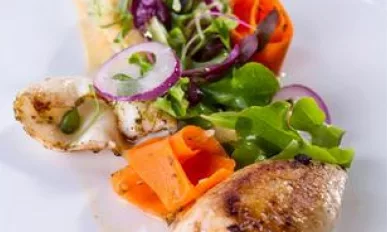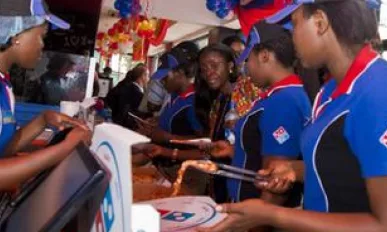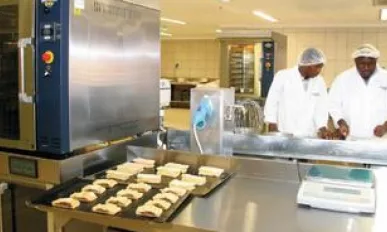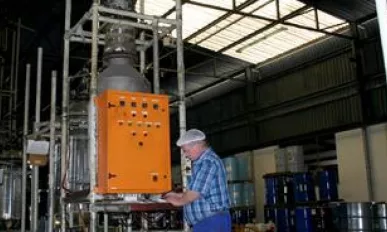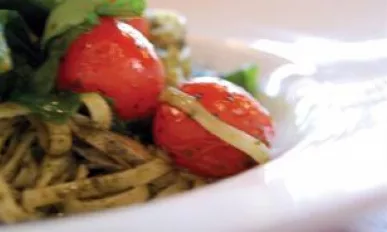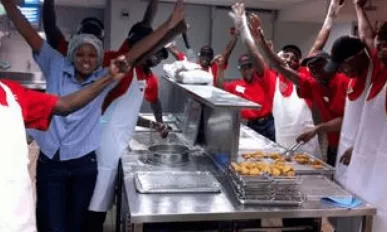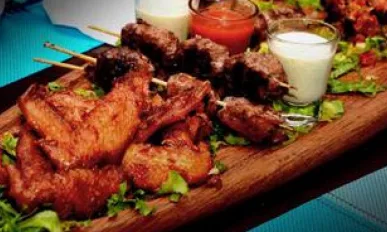Unilever Food Solutions : Growth is on the Menu
Unilever Food Solutions helps chefs all over the world “serve tasty, wholesome meals that keep guests coming back for more.”
Open Food : Open Wide!
Open Food provides catering to the aviation industries and a broad range of clients, big and small, across South Africa. we caught up with managing director Tamar Klonarides to find out what makes the company tick.
Eat’N’Go : The Brand of Brands
A restaurant group dedicated to bringing the best F&B brands and concepts to Africa, Eat’N’Go feeds your needs.
Season To Season : The Spice of Life
Season To Season is a leading manufacturer of dry savoury, sweet blends and wet sauces. We talk to founder Ronel Venter.
Anchor Yeast : A Proud 90-Year Legacy
This year anchor Yeast celebrates 90 years of supplying innovative product solutions to customers and consumers, locally and internationally.
Teubes : Oiling the Wheels
South African oils manufacturer Teubes is celebrating its 30th anniversary. We popped to meet founder Clive Teubes who says that “a new era is opening up” as it reaches the milestone.
Piza E Vino : A Pizza of the Action
Piza e Vino is the brainchild of Paul Christie and Miki Milovanvic, the clever folks behind the much-loved Doppio Zero franchise. Plans are afoot that will see both brands flourish.
De Keur Estate : Fruits of Love
De Keur Estate (Pty) Ltd is a long established family run agricultural business, producing first class agricultural produce and high quality customer service since 1934.
Kuku Foods Kenya : Embracing the Brand
Gavin J Bell, GM of Kuku Foods Kenya Limited, the KFC franchisee in Kenya, Uganda and Tanzania, tells us more about exciting expansion plans and how Kenyans have embraced the brand.
Tanganda Tea Company : What a Beau-Tea
Tanganda Tea Company Limited is the largest producer, packer and distributor of tea products in Zimbabwe.
Sundry Foods Limited : What a Catch
Nigeria’s Sundry Foods is targeting growth in the quick service industry through its restaurant brand Kilimanjaro and recently launched seafood chain Coral Blue Seafood Restaurant.
KFC Sub-Saharan Africa : Unlocking Africa
As the KFC brand continues to expand further across Africa, Africa Outlook talks to Bruce Layzell, KFC general manager for new African markets.



